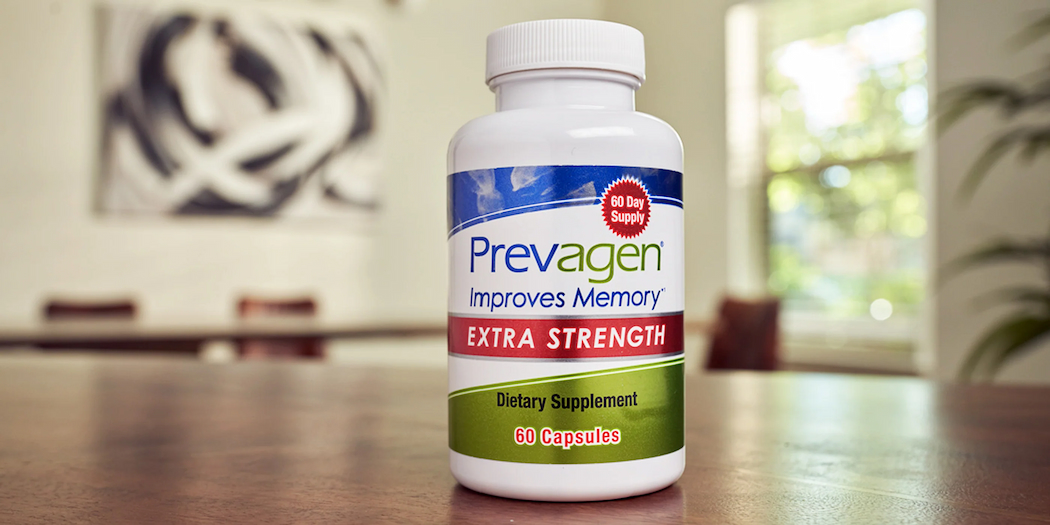
NCPW 2025: Fighting against Deceptive Marketing
If you’ve been misled by an ad, regulators want to hear from you. We do too.
What led up to brain supplement’s December to remember.
Earlier this year, TINA.org received a complaint from a consumer regarding the continued deceptive marketing of Prevagen, the subject of a longstanding TINA.org investigation into unsupported claims that the brain supplement is “clinically shown” to improve memory. It wasn’t the first time a consumer had expressed frustration about the supplement’s unsubstantiated health claims.
Since filing a complaint with the FTC against the supplement’s maker, Quincy Bioscience, in 2015, TINA.org has regularly heard from consumers alarmed by the company’s deceptive claims that its jellyfish-based supplement improves memory and provides other cognitive benefits. One consumer who said she was a physician told us she was “horrified” by the marketing, which targets millions of seniors worried about memory loss and cognitive impairment.
But we didn’t stop at the complaint to the FTC. TINA.org also alerted a number of major TV networks airing Prevagen ads to the deception they were helping to amplify. And after the FTC and New York attorney general sued Quincy following TINA.org’s complaint and their lawsuit was dismissed, TINA.org and others filed an amici curiae brief supporting the successful reversal of that decision.
In its seven-year legal battle with the government, Quincy has emerged largely unscathed – that was, until last week.
That’s when a federal district court ordered Quincy to immediately remove all of the claims challenged by the government, even the ones that a jury in March had found were not supported by competent and reliable scientific evidence and had “the capacity or tendency to deceive,” but were not “materially misleading.” Notably, this included “improves memory.”
In a statement posted on its website, Quincy downplayed the impact of the order stating that it “merely requires certain changes to Quincy’s advertising on a going forward basis.”
But those marketing changes have been wide-ranging – and quick.
Not only has Quincy wiped all memory-improvement claims from product packaging and the Prevagen website, which now promotes the supplement for “brain support,” the claims that had been at the center of the supplement’s marketing for years no longer appear in Amazon listings or in TV ads.
The court order doesn’t require that Quincy inform consumers about its marketing changes. It also doesn’t provide any monetary relief for consumers, though consumers may have paid as much as $90 per month for the so-called memory supplement.
While the impact of these changes may be diminished as Quincy has been aggressively marketing Prevagen as a memory-improvement tool for over a decade, the court order and the resulting marketing shift sends a strong message that health claims need to be backed up with competent and reliable scientific evidence.
Quincy said in its website statement that it will appeal the decision.
Find more of our coverage on Prevagen here.
If you’ve been misled by an ad, regulators want to hear from you. We do too.
Consumer complaints worth remembering.
Verdict comes nine years after TINA.org alerted regulator to supplement’s unsubstantiated health claims.


